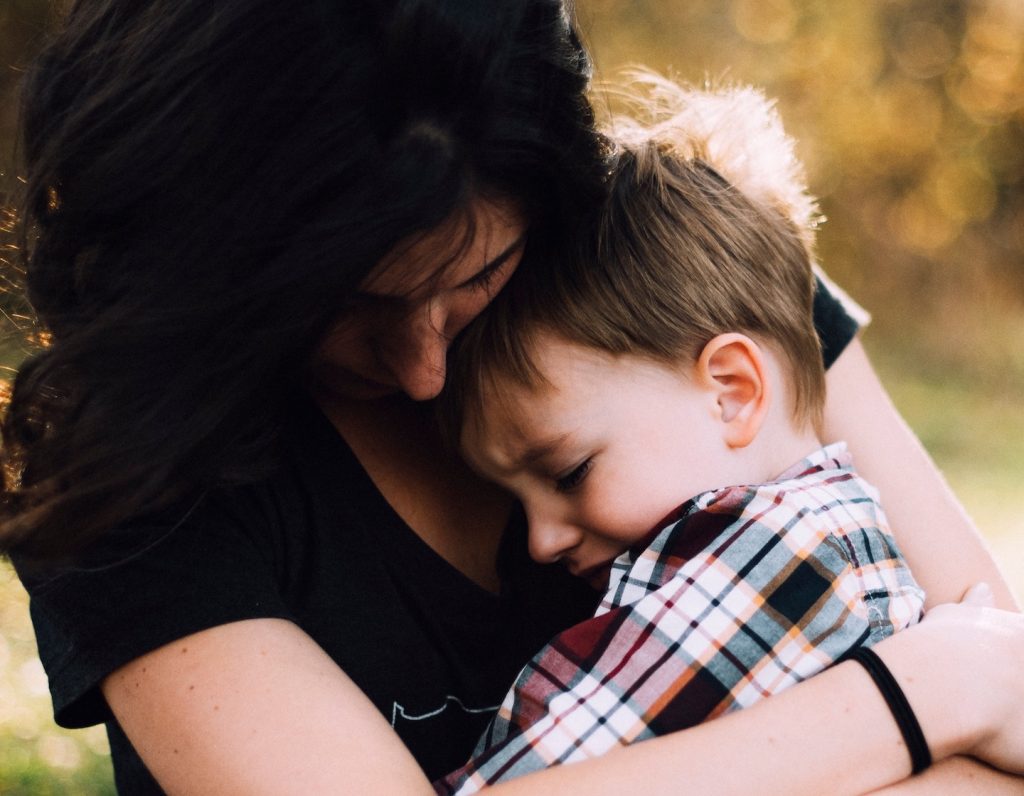
As much as we would like to shield our children from the fact that all lives come to an end, death is an inescapable part of life.
Children are knowingly and unknowingly exposed to death early in life in many ways – from a dead bug in the yard, to the loss of a pet, sick grandparents, or characters in movies. Children especially young ones, often struggle to comprehend that death is permanent, inevitable and can happen to anyone. In other words, the concept that body doesn’t function when dead is something difficult for them to understand.
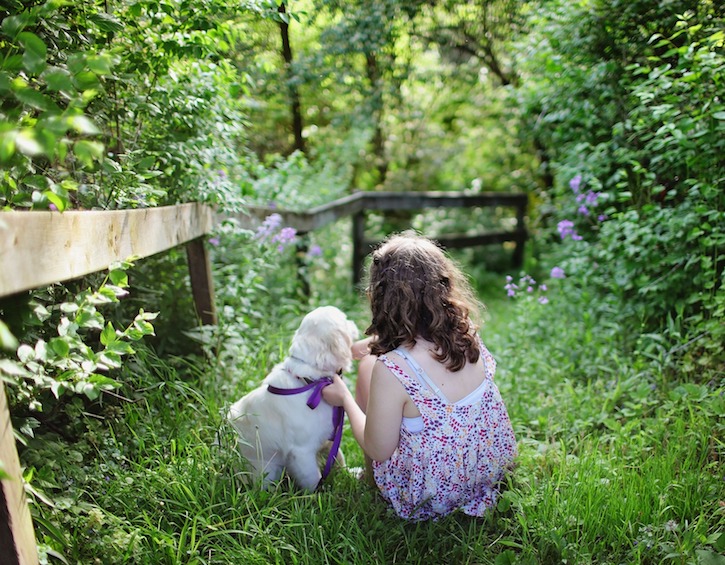
Discussing death has always made parents uncomfortable. When death happens, they are unsure who should be sharing the news or what needs to be said to the child. This brings us to the burning question ‘when and how do parents introduce the concept of death in the safest way? Researchers believe that it should be introduced when relevant in the early years. Often an unemotional, scientific talk about death when it just shows up (e.g. death of a character in movies or games, a dead bug, etc.) helps to inoculate them, and us, from those more painful intrusions when something or someone beloved dies.
How to Talk to Kids about Death: Tips for Parents
1. Breaking the news: It ideally should be shared by an adult who is close to the child, has a history of trust, concern and involvement in the child’s life.
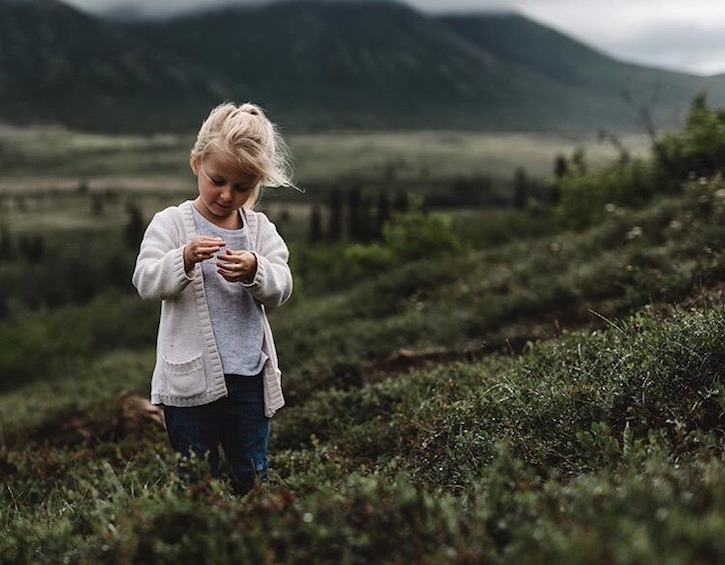
2. Impact of death: Over the years, grief specialists have stressed the need to share with children how the death of loved one will impact their lives and that the child is not alone in this. One of the best ways to do this is by using ‘touch’. Simple things like having smaller kids sit on your lap, offering hugs, stroking their backs, helps in reassuring kids while you discuss this emotional subject.
3. Use simple but appropriate words: Describe death, using words that are simple and direct e.g. with younger children explain death as physical symptoms that have ceased, whereas with older children one may go more into details on the illnesses, treatments and outcomes. For younger kids especially don’t say things like “he passed away”, “he has left us” or “he has gone to sleep”, as this can be confusing for kids. Don’t be afraid of words like death and dying.
4. Don’t dodge their questions: Children are often curious about death. At such time, it is helpful to talk about the issue. Talking helps in getting a sense of how the child is dealing with the loss.
5. Put emotions into words: Grieving is an important part of healing for both children and adults. Children can sense an adult’s change in mood, and so appropriate sharing of an adult’s own feelings can encourage kids to share their feelings from time to time.

6. Memorialise the deceased: It’s important for any individual to say their “goodbyes” to the deceased in their own ways. A young child may not be ready to attend a funeral, so parents can help find different ways like lighting a candle, singing songs, drawing pictures, whereas older kids can go to the funeral or a memorial service. Some preparation on what to expect during such services, can be helpful for the child.
Research shows that children grieve in different ways. Grieving is a process that happens over time and it’s important to give the child appropriate time to heal from the loss. Having ongoing conversations to see how your child is feeling is always helpful.
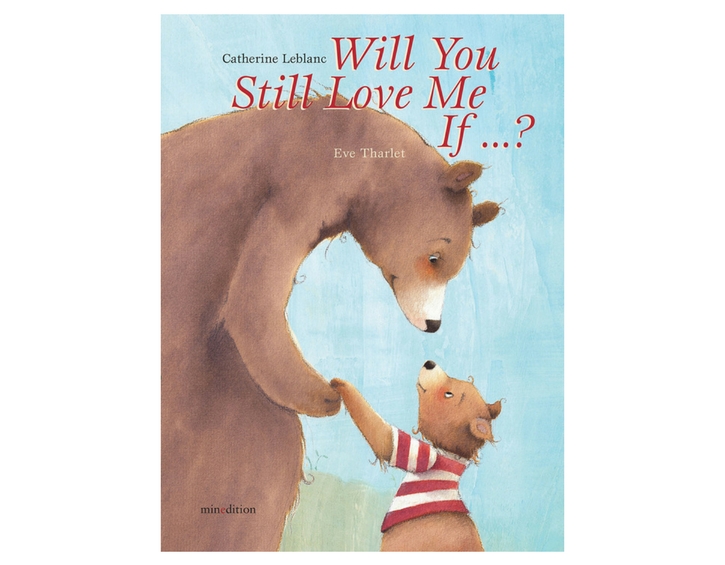
Recommended Books on Death for Kids of All Ages
Younger Kids: 3 – 6 years old
‘Will You Still Love Me If’ by Catherine Leblanc (Sassy Mama Reader Recommended)
This book is not particularly about death (though death is mentioned at the end) which makes it a great soft approach for younger kids. The focus of the book is the unconditional love a mother has for their child – she would love that child no matter what. At the end, little bear asks what would happen if his mother died so there is an opportunity to talk about death here while focussing on the steadfastness of life.
“The Heart and the Bottle” by Oliver Jeffers (Sassy Mama Reader Recommended)
“In this deeply moving story, Oliver Jeffers deals with the weighty themes of love and loss with an extraordinary lightness of touch and show us, ultimately, that there is Always hope”
Lifetimes: A Beautiful Way to Explain Life and Death to Children by Bryan Mellonie (Sassy Mama Reader Recommended)
“Moving book for children of all ages and parents too. It lets us explain life and death in a sensitive, caring beautiful way. It tells about beginnings. And about endings. And about living in between”
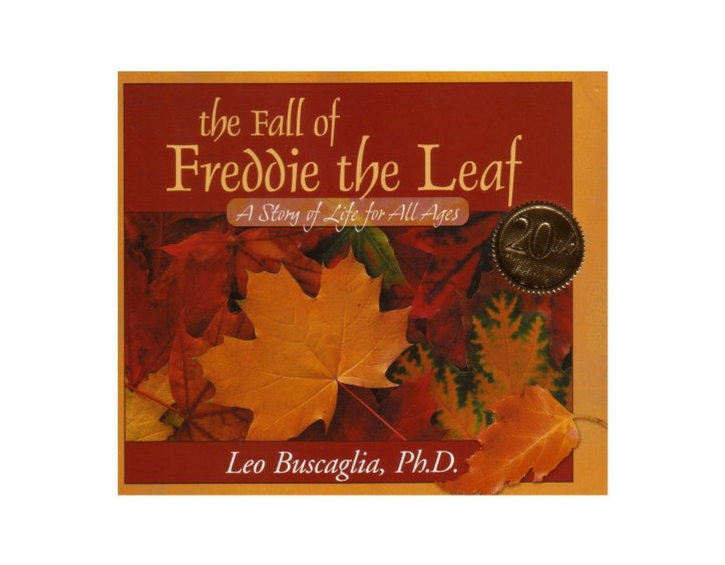
Older Kids: 6 – 8 years old
‘The Fall of Freddie The Leaf’ by Leo Buscaglia (Recommended by Vinti)
The Fall of Freddie the Leaf is a warm, thought-provoking allegory about the circle of life. The story is about how Freddie and the other leaves change with the passing seasons and the coming of winter.
Adolescents
‘The kids’ book about Death and Dying: By and For Kids’ by Eric E. Rofes (Recommended by Vinti)
What is death? What is it like when a friend or relative dies? Is there life after death? These are just a few of the questions a group of students ranging in age from 11 to 14 asked themselves while exploring the subject of death and dying under the direction of teacher Eric Rofes.
Adults
Helping Children Cope with Separation and Loss by Claudia L. Jewett (Recommended by Vinti)
A compassionate, step-by-step guide to help children cope with and recover from any kind of loss.






 View All
View All

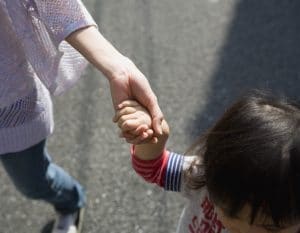



 View All
View All







 View All
View All









